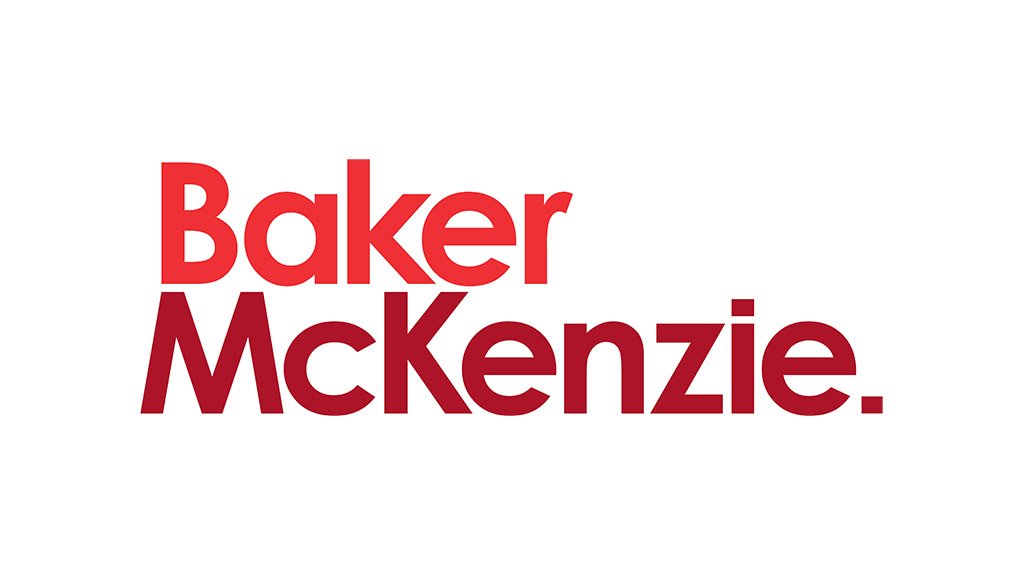Baker McKenzie's Global Transactions Forecast, developed in association with Oxford Economics, predicts that M&A deal value in the healthcare sector will triple in Africa and the Middle East in 2018, from 2017 values. In Africa and the Middle East, healthcare M&A deals were valued at US$ 1.6 billion in 2017. This is expected to rise to US$ 4.1 billion in 2018, increasing again to US$ 5.7 billion in 2019.
“The World Health Organisation's 2016 “World Health Statistics” reveals that many countries in Africa are still far from being able to offer universal health coverage, as measured by an index of access to 16 essential services. The demand for affordable healthcare is growing rapidly on the continent. Investors who are in it for the long-term and who understand individual markets and work with local partners and governments to improve access to public healthcare are doing well. To create a more conducive environment for business, key African governments have begun introducing regulations to govern the sector. Also, a focus on technology-focused healthcare delivery models, which allow for easier access to medical advice and care, has begun easing the constraints of the traditional delivery model and driving investment in digital healthcare” says Mike van Rensburg, Partner and Healthcare Industry Group Lead at Baker McKenzie in Johannesburg.
Globally, uncertainty in the wake of Brexit, the US presidential election and pending US tax reform cooled healthcare M&A activity in 2017. In 2018, however, Baker McKenzie is forecasting that current buoyant market conditions and clarity about the US’s new corporate tax rate will lead to a rebound in deal activity, causing global healthcare M&A to rise to US$418 billion, up 50% from US$277 billion last year.
The Forecast predicts a cyclical peak in 2018 for several macroeconomic and financial deal drivers, with 2018 marking the high point of the healthcare deal cycle for the world's largest transaction centers.
“Many big pharma companies are looking to invest in the next blockbuster drug, being acutely aware of declining revenues as patents move closer to expiry and biosimilars challenge biologics,” says Ben McLaughlin, chair of Baker McKenzie’s Global Healthcare Industry Group. “This is driving pharma companies to chase smaller biotech start-ups that have a lot of products in regulatory review, and driving high sales multiples on transactions.”
EMAIL THIS ARTICLE SAVE THIS ARTICLE ARTICLE ENQUIRY
To subscribe email subscriptions@creamermedia.co.za or click here
To advertise email advertising@creamermedia.co.za or click here











